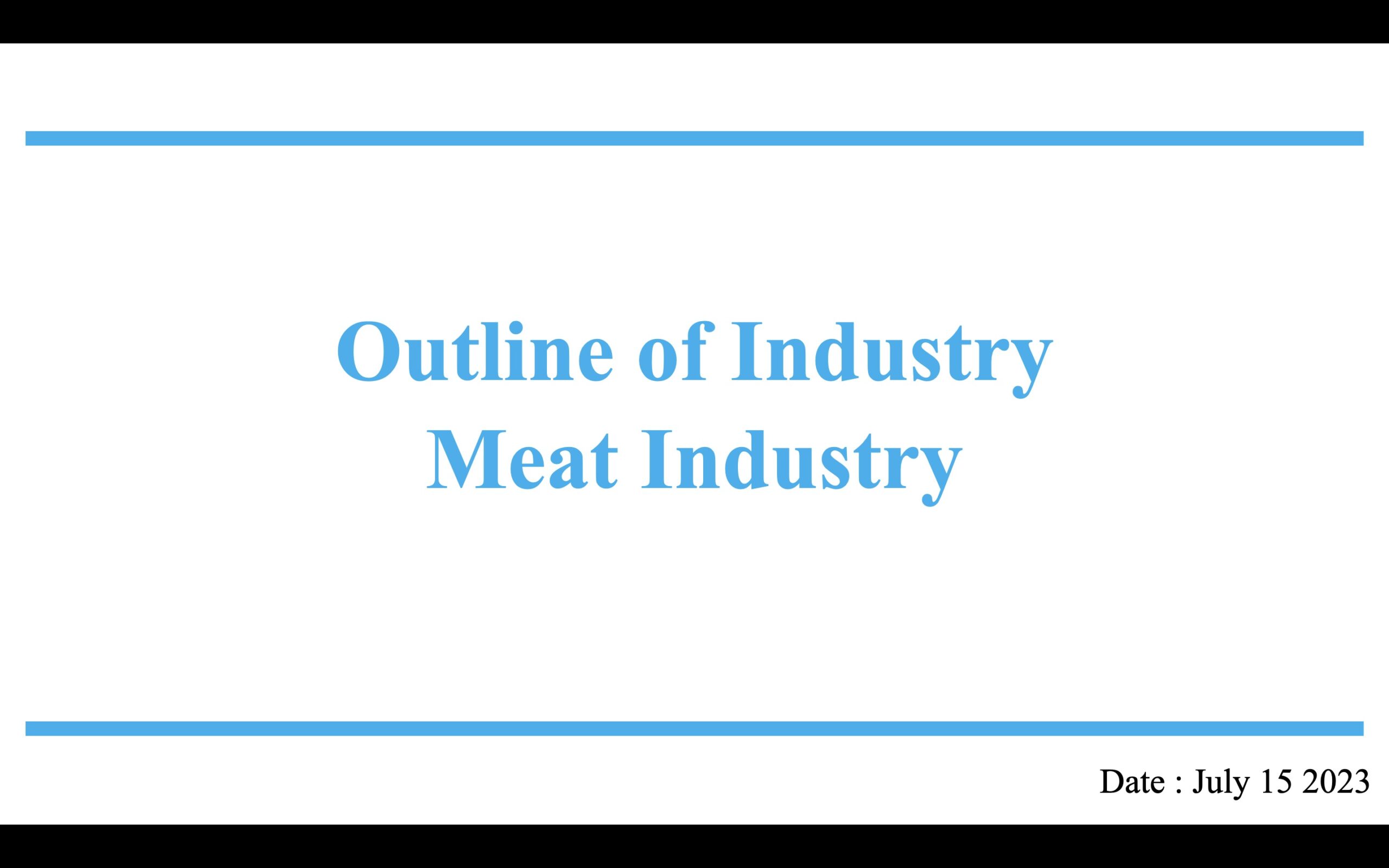The meat industry is a complex and global system that is responsible for producing, processing, and distributing a variety of meat products, including beef, pork, poultry, and lamb. The industry has a significant impact on the global economy, providing jobs, income, and food security to millions of people. However, it also faces numerous challenges, including environmental concerns, animal welfare issues, and public health concerns.
One of the key challenges facing the meat industry is the environmental impact of meat production. Meat production can contribute to deforestation, land degradation, water pollution, and greenhouse gas emissions, as well as the overuse of antibiotics and other chemicals. These environmental impacts can have significant consequences for ecosystems and the long-term sustainability of the planet.
Another challenge facing the meat industry is the issue of animal welfare. In some cases, animals are kept in inhumane conditions and subjected to cruel treatment, leading to public concerns about the ethics of meat production. This can result in negative public perceptions of the industry and decreased consumer demand for meat products.
In addition to environmental and animal welfare concerns, there are also public health concerns related to meat consumption. Some research suggests that the consumption of certain types of meat, such as processed meats, can increase the risk of chronic diseases, such as heart disease, diabetes, and certain cancers. This has led to increased scrutiny of meat production practices, as well as calls for more regulation and better labeling practices to ensure that consumers are fully informed about the health risks associated with meat consumption.
Despite these challenges, the meat industry continues to be an important part of the global economy and food system. In many countries, meat production provides employment and income to millions of people, and it also helps to ensure food security for millions of families. Additionally, the meat industry has been a major driver of technological innovation and economic growth, as companies compete to produce meat more efficiently and at lower cost.
To address the challenges facing the meat industry, there are a number of steps that can be taken. For example, meat producers can adopt more sustainable production practices, such as reducing greenhouse gas emissions and improving animal welfare. Additionally, the industry can work to improve labeling and transparency, so that consumers are fully informed about the environmental and health impacts of meat consumption.
There is also a growing trend towards alternative meat products, such as plant-based meat substitutes, which can provide consumers with more sustainable and ethical food options. These products have been developed in response to growing consumer concerns about the environmental and animal welfare impacts of meat production, and they have the potential to disrupt the meat industry and transform the global food system.
Finally, governments can play an important role in promoting sustainability and improving the overall health of the meat industry. For example, governments can provide subsidies or other forms of support to help producers adopt more sustainable production practices. Additionally, governments can regulate the use of antibiotics and other chemicals in meat production, to help reduce the environmental and health impacts of meat production.
In conclusion, the meat industry is a complex and global system that plays a significant role in the global economy and food system. Despite the many challenges facing the industry, there are a number of steps that can be taken to address these challenges and improve the overall health of the industry. By adopting more sustainable production practices, improving labeling and transparency, promoting alternative meat products, and engaging in effective government regulation, the meat industry can continue to play an important role in providing jobs, income, and food security to millions of people while also reducing its environmental and health impacts.



Comment